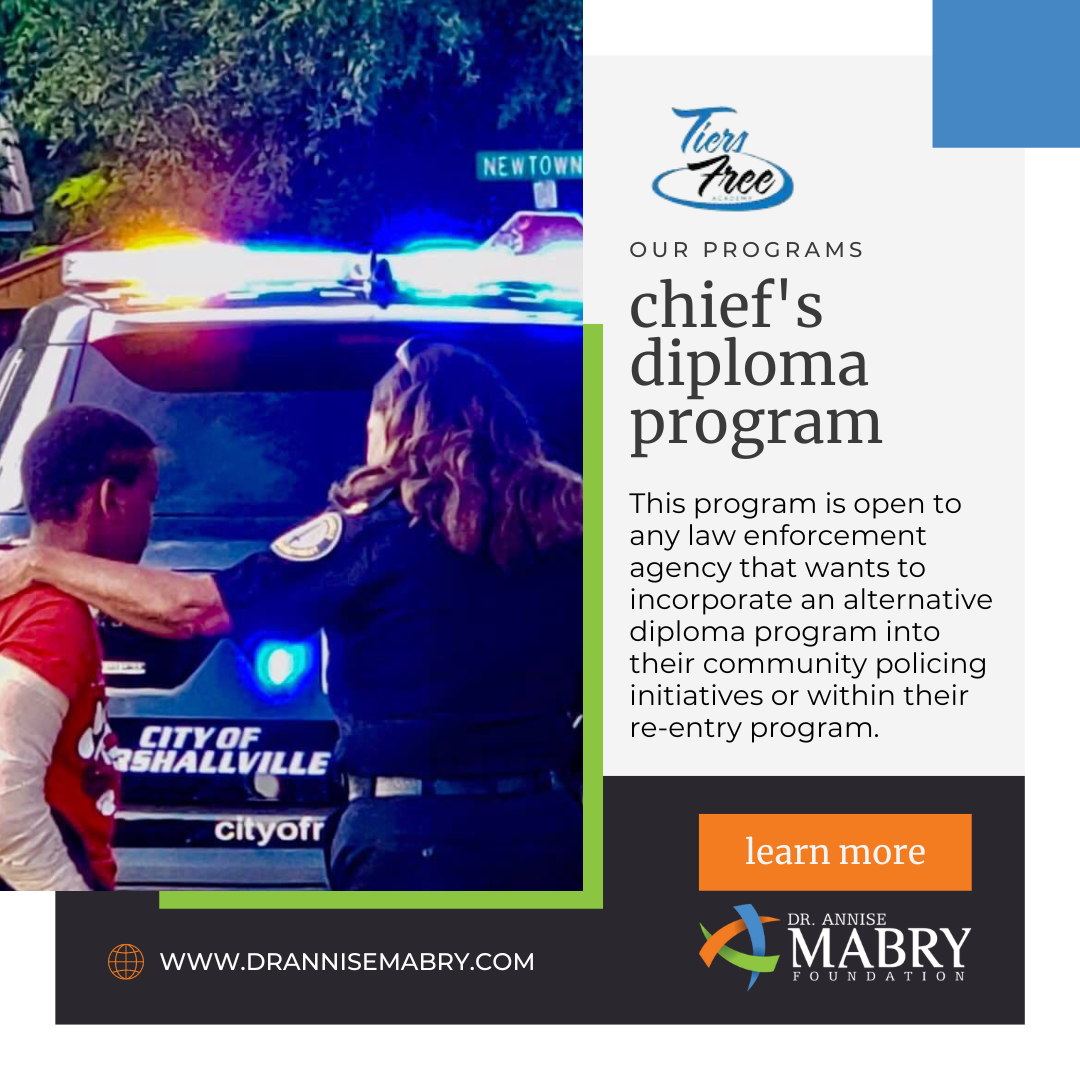
Prevention-Focused Community Policing
Prevention-Focused Community Policing
“If you want to go fast, go alone,” says an old adage. “If you want to go far, go together.”
When it comes to policing in America and the relationships between police and the communities they serve, it can be said that we have a long way to go. And as wisdom dictates, the best way to bridge that distance is with collaboration and partnership. That spirit of togetherness is what community policing is all about.
Here’s a deep dive into the aims and approach of community policing, the importance of a focus on prevention, and how police and communities find pathways to meaningful connection and trust.
What Is Community Policing?
Community policing is a philosophy and strategy that encourages partnerships between law enforcement agencies and community members. This collaborative approach focuses on solving problems, addressing public safety concerns, and building trust between officers and the public. Prevention-focused community policing strives to foster those positive relationships and proactively address problem areas to improve overall security and quality of life.
Community Policing Examples
Examples of community policing initiatives that have successfully promoted public safety and community engagement include:
- Neighborhood Watch Programs: These programs encourage residents to report suspicious activity and work together with law enforcement to prevent crime in their neighborhoods.
- Community Policing Resource Centers: Centers like the Southwest Georgia Community Policing Resource Center provide resources, training, and support to help communities and law enforcement agencies implement community policing strategies. They are also key in the development of programs that build meaningful relationships and positive change.
- Police-Youth Partnerships: Programs that foster positive relationships between law enforcement officers and young people can help build trust, improve communication, and provide mentorship opportunities.
Community Policing Strategies
There are several key strategies that can be employed to implement prevention-focused community policing effectively. These include:
- Accountability and Transparency: Open communication, regular reporting on progress and outcomes, and the establishment of mechanisms for community feedback are crucial for building trust and ensuring that community policing efforts are effective and sustainable.
- Community Engagement: Encouraging community members to participate in the development and implementation of community policing initiatives helps ensure that these efforts are responsive to local needs and priorities.
- Problem-Solving: Law enforcement agencies should work closely with community partners to identify and address the root causes of public safety concerns, rather than simply responding to individual incidents. The shift to proactive problem-solving from reactionary policing is a vital way to strengthen communities and reduce the potential for harm.
- Prevention and Intervention: Focusing on prevention and intervention strategies—such as crime prevention through environmental design (CPTED) and targeted outreach to at-risk populations—can help reduce crime and improve public safety in the long term.
Why Prevention-Focused Policing Is Important
Prevention-focused community policing has a number of important positive outcomes for both law enforcement agencies and the communities they serve. The benefits of community policing include:
- Proactivity: By addressing the root causes of crime and focusing on prevention, community policing can help create safer communities and reduce the need for reactive law enforcement measures.
- Improved trust and collaboration: Building positive relationships between police and community members can improve communication, foster mutual respect, and facilitate more effective problem-solving.
- Community empowerment: When community members are actively engaged in public safety efforts, they are better equipped to address issues in their neighborhoods and create positive change.
- Cost-effectiveness: Prevention-focused community policing strategies can ultimately save resources by reducing the need for costly law enforcement interventions and incarceration.
Police and Community Partnerships
Collaboration and partnerships between community members and law enforcement agencies are critical to the success of community policing initiatives. The Southwest Georgia Community Policing Resource Center is an excellent example of how these partnerships can be established and nurtured. Some of the programs offered by the center include:
- Chief’s Diploma Program: An alternative diploma program that offers participants a chance to not only obtain a high school diploma but also to further their education by attending local technical colleges such as South Georgia Technical College, Central Georgia Technical College, and Athens Technical College.
- Backpack With a Cop: A positive interaction with law enforcement, during which students receive a backpack filled with school supplies and learning materials to help set them up for academic success.
- The Cops Closet: A partnership between local Walmart stores and The Dr. Annise Mabry Foundation creates what many describe as “a room of hope.” Officers refer families to the closet, and families who need a little help can get what they need at no cost without feeling like they’re taking a handout.
- Christmas with a Cop: Santa doesn’t reach every child in the neighborhood, but patrol cars with blue lights flashing do! The Dr. Annise Mabry Foundation kicked off this program to help parents throw a little light into their kids’ worlds and create a blissful celebration for everyone. To us, delivering toys on Christmas never gets old—and we have the entire community at our back. New toys are delivered to the Community Policing Resource Center all year and are specially packaged for every age, including teens up to 18 years old.
These programs and partnerships demonstrate the power of prevention-focused community policing. When law enforcement agencies and community members work together, they can proactively address the root causes of crime and build safer, more vibrant communities for all.
The Dr. Annise Mabry Foundation is dedicated to improving our community by enhancing education opportunities, promoting synchrony between law enforcement and constituents, and encouraging community engagement. Our programs and initiatives include the Southwest GA Community Policing Resource Center and the Tiers Free Academy, a homeschool cooperative for students in grades 9-12 that provides an alternative diploma program for homeless LGBTQ youth, sex trafficking survivors, and high school dropouts. To learn more about our offerings or support our work, consider subscribing to our newsletter or donating today!



No Comments